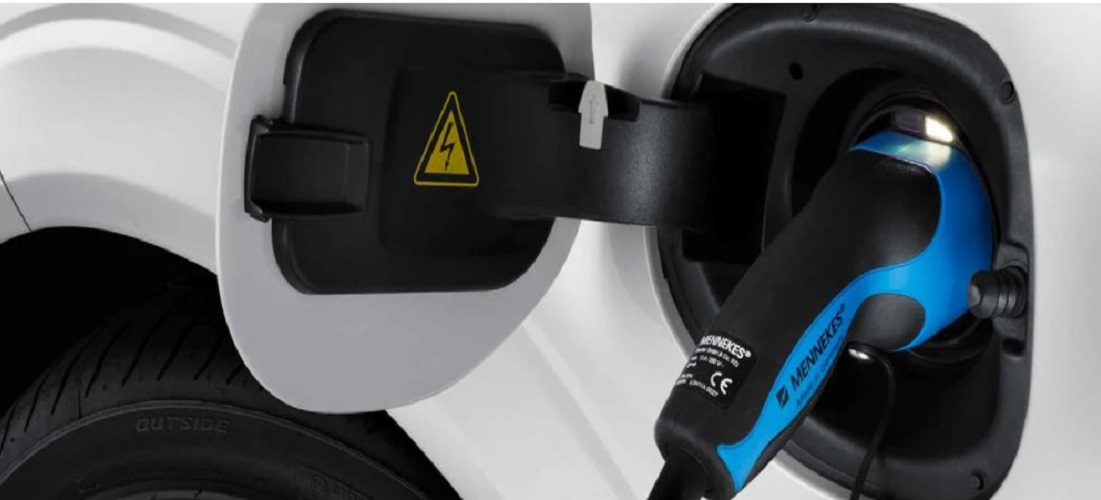
Anfavea defends the end of zero import tax for electrics
Feb, 08, 2023 Posted by Lillian SmoakWeek 202307
The association of automakers in Brazil, Anfavea, defended this Tuesday (07) the end of the Zero Import Tax for electric vehicles, as a way to encourage the internalization of production in the country and predictability of investments in the sector.
Sales of electric and hybrid vehicles in the country, despite still being low in relation to the total, have grown rapidly in recent years, advancing by almost 17% in 2022, compared to a general expansion of the light vehicle market of 7.7%. Considering just the past month, sales in this segment soared 71% over a year earlier, despite high unit prices, which exceed R$ 150,000.
“What we defend is that we cannot open this market to flood the Brazilian market with products from countries with much lower cost”, said the president of Anfavea, Márcio Leite, from the Stellantis group, in a presentation to journalists about the industry numbers in January. “Brazil is still walking in terms of competitiveness and we cannot kill our auto parts industry.”
“It is fundamental to have a rule that gives predictability to the sector”, added the president of Anfavea, referring to the lack of deadline for the zero tax to end. Today, vehicles with combustion engines pay 35% Import Tax.
Hybrid cars are currently produced in the country with components imported by Toyota and Caoa Chery, with fully electric ones being imported by several brands.
The defense of the end of the zero Import Tax comes at a time when the sector is preparing for investment definitions in the country in the coming years, said Leite. He said he was in favor of zeroing the tax in cases where the models do not have high sales volumes, such as the luxury ones, and that they are used as “inductors of this technology, without competing with local jobs”.
A similar position was assumed by the entity in the automotive plans in previous PT administrations, such as Inovar-Auto, which ended up being disapproved by the World Trade Organization (WTO) for having increased the Tax on Industrialized Products by 30%, parallel to the Import Tax of 35% on models imported by brands without investment in local production.
Automakers such as Renault, Caoa Chery and JAC have been importing electric compact vehicles such as the Kwid, iCar and E-JS1, respectively.
The president of Anfavea did not mention when the zero tax should be revised. A bill by Senator Irajá (PSD-TO) was presented in 2022 at the Economic Affairs Committee, providing for exemption from Import Tax for electric and hybrid vehicles until the end of 2025.
“We’re not saying it has to happen today, but we need predictability,” he said.
Source: Época Negócios
To read the original report, visit: https://epocanegocios.globo.com/futuro-da-industria/noticia/2023/02/anfavea-defende-fim-de-imposto-zero-de-importacao-para-eletricos.ghtml
-
Ports and Terminals
Jan, 09, 2019
0
Bolivia expected to draw up final plans for Port Busch within six months
-
Ports and Terminals
Jan, 10, 2021
0
SPA launches public bid for an Internet of things (IoT) in the Port of Santos
-
Ports and Terminals
Jan, 17, 2022
0
CODEBA yields new highest cargo handling rate in 2021
-
Meat
Mar, 18, 2022
0
BRF to start exporting sausages to South Africa


